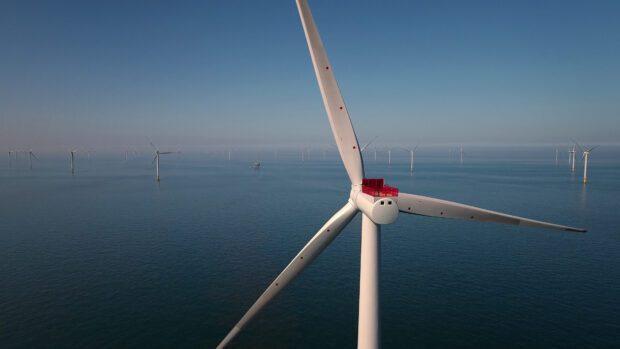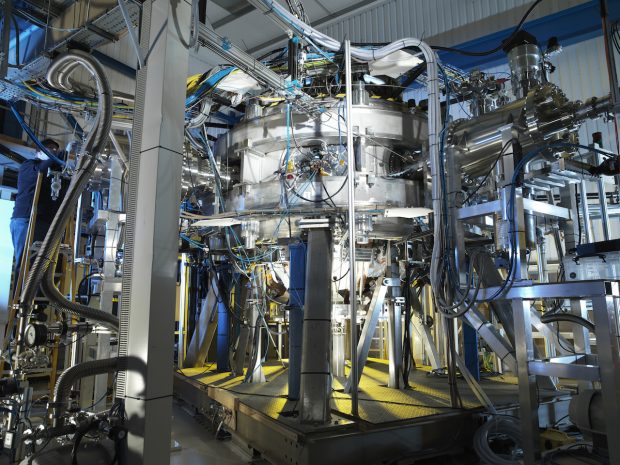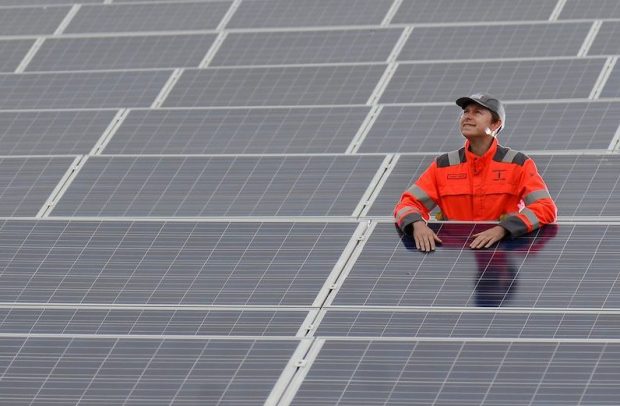Places
The Industrial Strategy was launched one year ago today to improve the UK’s productivity, outlined through its Grand Challenges - but what headway has been made in this first year? And what have we learned?
The Industrial Strategy has a startling statistic that only 50% of our companies do any innovation at all. Universities have a big role to play and particularly through the researchers that we train.
The Space Propulsion Integration and Manufacturing Centre at Thales UK Belfast, Thales Alenia Space delivered the UK’s first all-electric propulsion module designed and built in the UK, the Spacebus Neo Xenon Propulsion System (XPS).
The new 5G testbed in Brighton is the start of something special, innovative and very exciting. It’s maybe not quite the dawn of a new age, but it’s not an exaggeration to suggest that we are about to experience profound change as a result of this technology.
Three years ago, following the success of its Geovation Challenges, Ordnance Survey (OS) opened the Geovation Hub in London and launched the Geovation Accelerator Programme to help new GeoTech businesses launch and grow.
It’s no secret that the global population is ageing, and whilst this presents social and economic challenges, it also presents a huge opportunity to develop cutting edge innovation. And with climate change on everyone’s agenda, we take a look at the cross section between design for demographic change and design for environmental sustainability.
A long-term view is essential: clean growth must be sustainable. Not only does offshore wind have the potential to become the backbone of the UK’s clean electricity system, it’s delivering thousands of jobs and economic growth to coastal areas and bringing billions of pounds of investment to the UK.
Reliance on fossil fuels is one of the major obstacles we need to overcome to minimise the significant economic, social and environmental threats posed by global climate change, writes Dr David Kingham, Executive Vice Chairman at Tokamak Energy.
Over the years, Coca Cola European Partnerships has done much to improve the sustainability of our business; driving down the carbon impact of our business operations by 54% since 2010.
The circular economy marks a shift from today’s linear ‘take, make, dispose’ economic model, towards one where materials and products circulate in the economy for as long as possible and at their highest value, writes Richard Shaw, Business Board Chair for the York, North Yorkshire and East Riding Enterprise Partnership.










